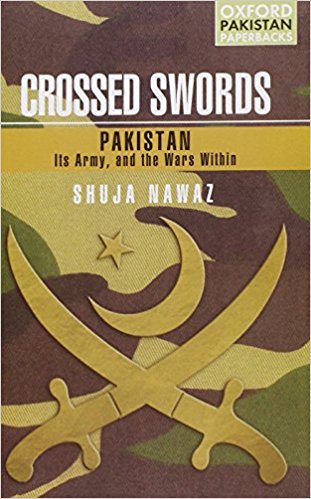A large theme requires a large book to explore its several dimensions. Scholars never tire of making invidious comparisons between the divergent roles played by the military establishments of India and Pakistan in their internal polity. Created and nurtured in the British colonial tradition both militaries were heir to the principle of civilian control over their armed forces. In India, if anyone suggested the possibility of a military takeover, (s)he would be laughed out of court. But, the Pakistan Army seized power in Pakistan a decade after its birth, 1958 to be precise, when General Ayub Khan removed the tottering civilian government of Iskander Mirza from office. Civilian governments have come to power in Pakistan intermittently through the due process of elections, when the Army returned to the barracks, but has always remained the Praetorian Guard. Critical issues like the defence budget, Kashmir and nuclear policy and India-Pakistan relations is arbitrated by the Army, and the civil governments have had little control over decision-making in these areas.
Remarkably enough, the people of Pakistan have welcomed the Army’s return to power after the civilian governments have failed them. Such is the unhappy history of Pakistan.
Being the product of an avowed Islamic country the Pakistan Army oscillates between its earlier secular traditions, as reflected by General Musharraf, and its religious roots that were strengthened by General Zia-ul-Huq. The author has compared the Pakistan Army to its counterparts in Burma and Indonesia, since they, too, are deeply involved in governing their countries. The Pakistan Army permeates Pakistan’s body politic, with a presence in the country’s bureaucracy and public sector undertakings, while engaging directly

